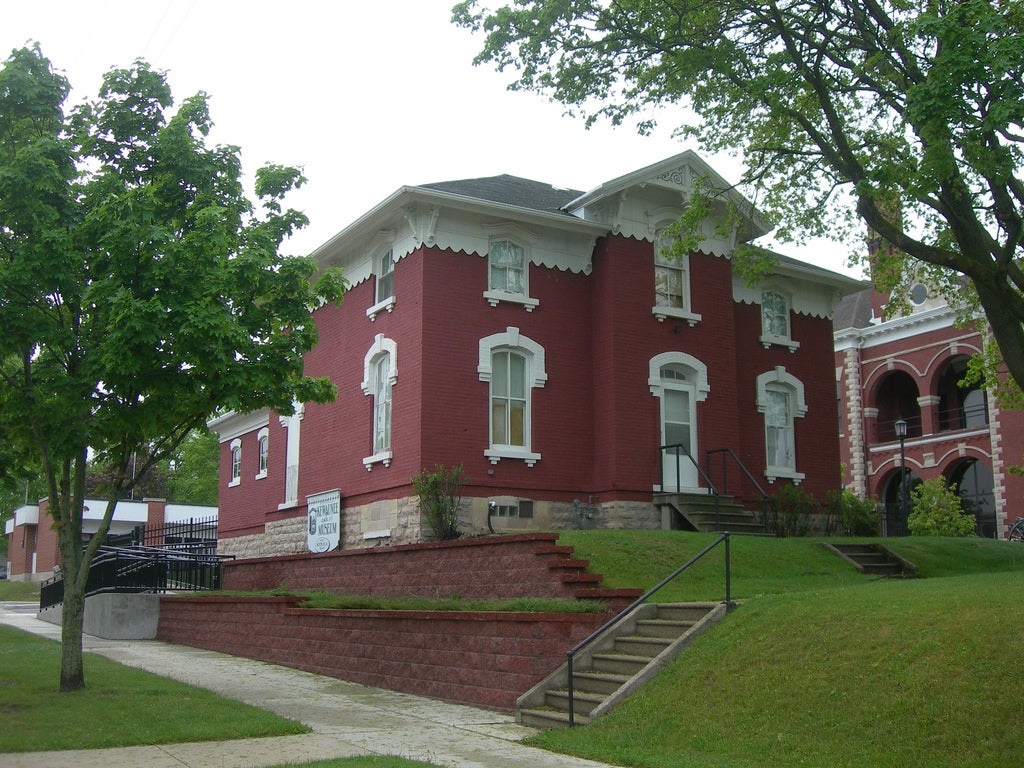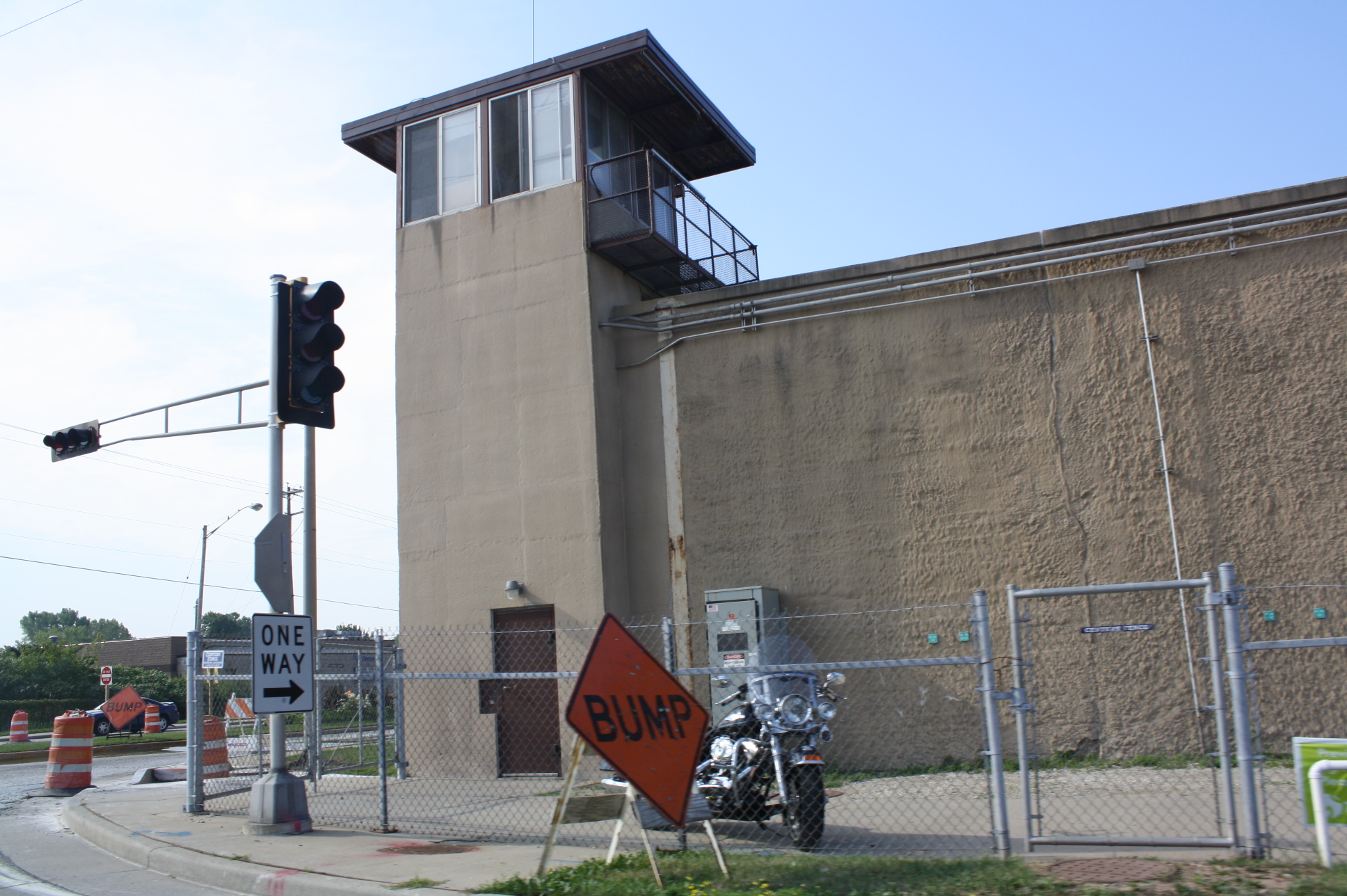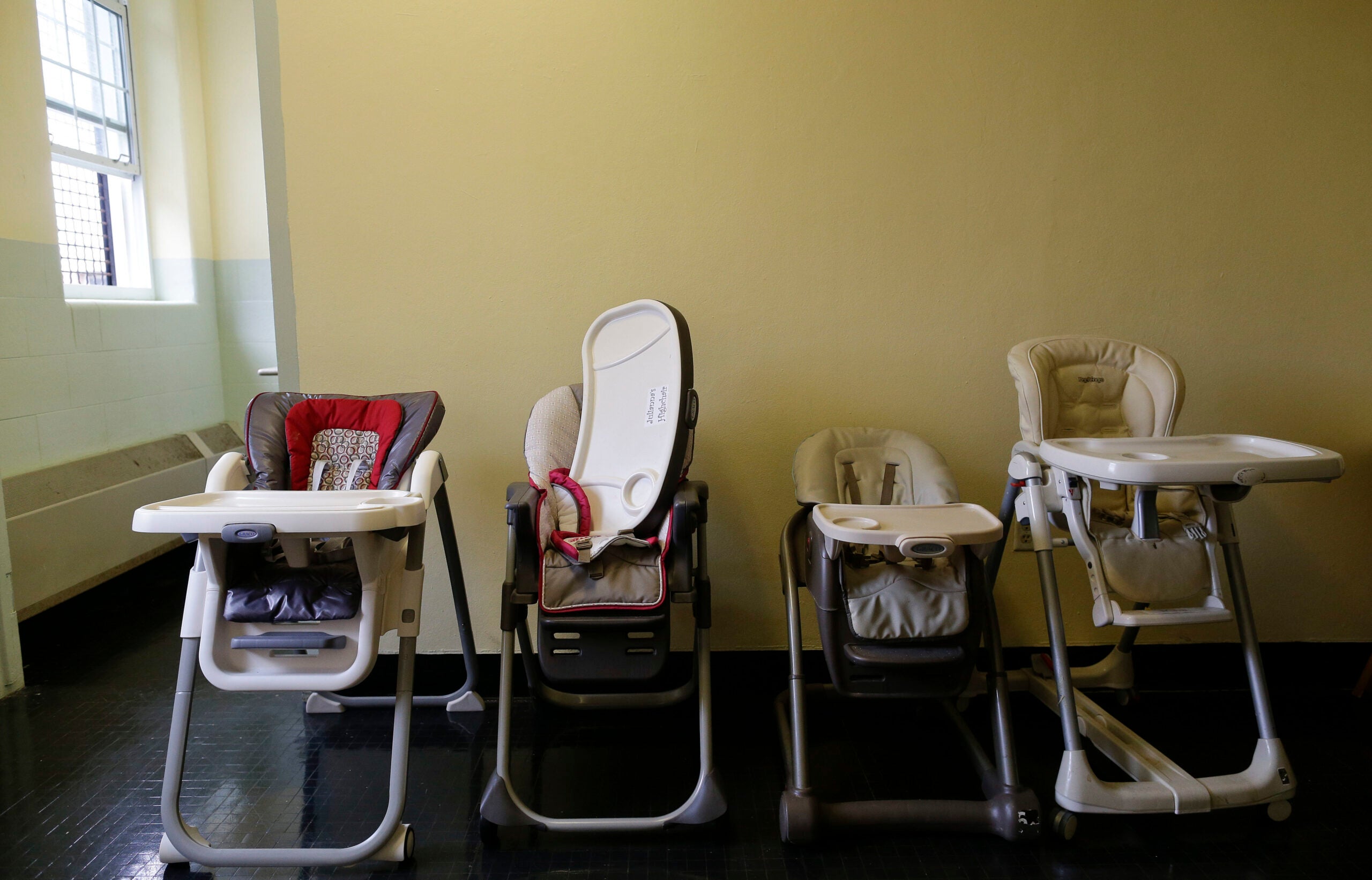The state prison system is asking for $2.3 billion over the next two years to fund both the prisons and the parole and probation programs. Some state legislators are asking why Minnesota spends about half that amount.
Both Wisconsin and Minnesota have similar populations and crime rates, but there’s a stark difference between what each state spends to deal with criminals. At a Legislative committee hearing this week in Madison, Oshkosh Republican Representative Michael Schraa asked DOC Research director Tony Streveler why Wisconsin locks up twice as many people and spends more than twice what Minnesota does on corrections. Streveler said it is because Wisconsin arrests, convicts and sentences more criminals. “Actually, arrest rates are higher here in Wisconsin and more individuals are being caught. If I am reporting a crime, there’s a greater likelihood they’re going to be caught here than they are there.”
But a Marquette University law professor who has looked carefully at the difference between prison policies in Wisconsin and Minnesota doesn’t buy that argument: “It doesn’t seem likely to me that the difference in arrest rates explains the difference in imprisonment rates.”
News with a little more humanity
WPR’s “Wisconsin Today” newsletter keeps you connected to the state you love without feeling overwhelmed. No paywall. No agenda. No corporate filter.
Michael O’Hear says a closer look at arrest and conviction statistics in the two states tells a different story. He says Wisconsin arrests more people on drug charges than Minnesota does. He says most of those arrests are for simple possession of marijuana, “which is a relatively minor drug offense, which only rarely results in a prison term. Now what drives drug imprisonment is trafficking, and Minnesota actually arrests more people for drug trafficking than Wisconsin does.”
Advocates for reduced prison spending in Wisconsin are urging the state to emulate Minnesota’s policy of punishing more criminals with probation and parole and sending fewer to prison.
Wisconsin Public Radio, © Copyright 2025, Board of Regents of the University of Wisconsin System and Wisconsin Educational Communications Board.







